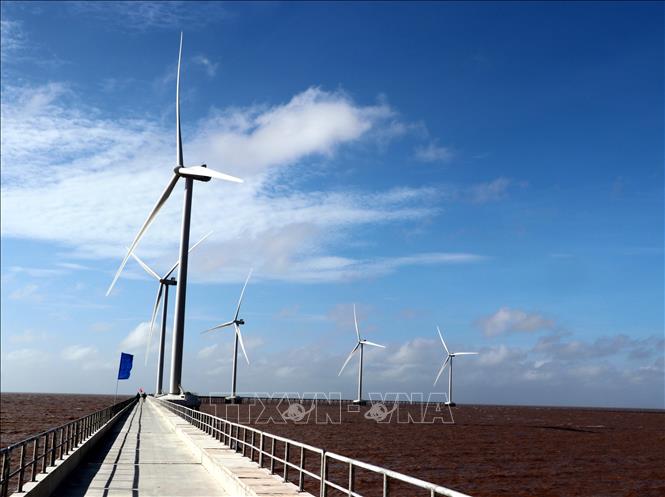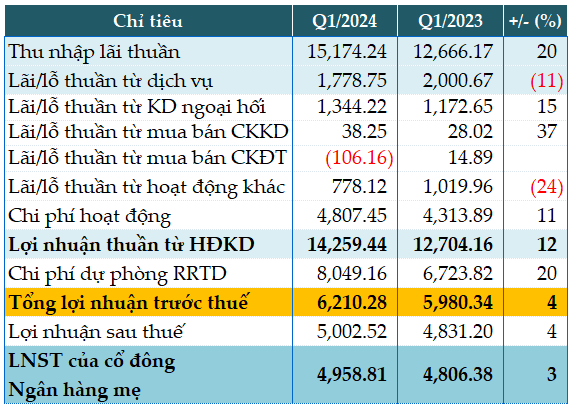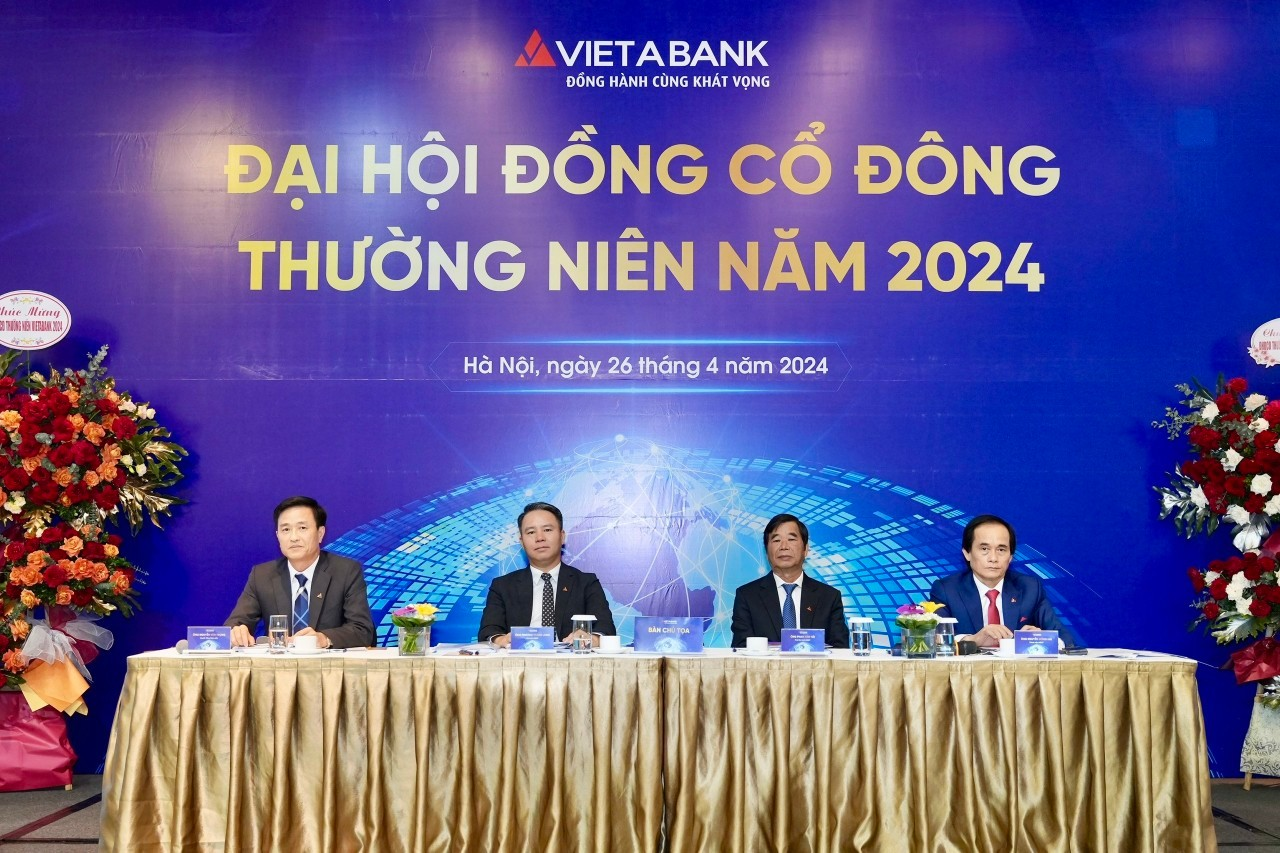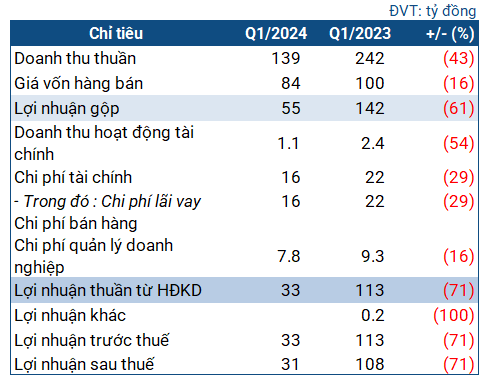
Wind turbines at Wind Farm No. 7 in Vĩnh Châu town (Sóc Trăng province) start operation. Illustration photo: Trung Hiếu/TTXVN
Operation and Development of the Carbon Market
In order to address climate change issues, the United Nations has organized various climate change conferences to find the most effective and practical solutions. As a result, carbon trading is considered one of the most important tools to reduce greenhouse gas emissions. The buying and selling of CO2 emissions or carbon on the market will be carried out through carbon credits.
On January 7, 2022, the Government issued Decree No. 06/2022/NĐ-CP on reducing greenhouse gas emissions and protecting the ozone layer. This decree specifies the development roadmap and timeline for the domestic carbon market.
During the period until the end of 2027, regulations on managing carbon credits, greenhouse gas emissions trading quotas, and carbon credits trading will be established. The operation regulations for the carbon credit exchange will be developed. Pilot mechanisms for carbon credit exchange and offsetting will be implemented in potential sectors, along with guidelines for domestic and international carbon credit exchange and offsetting in accordance with Vietnamese laws and international agreements. The establishment and operation of the carbon credit exchange market will start from 2025. Capacity building activities will be carried out to enhance awareness of carbon market development.
From 2028, the official operation of the carbon credit exchange market will be organized, along with regulations on connecting and trading carbon credits domestically and internationally.
In Vietnam, the domestic carbon market includes activities such as greenhouse gas emissions trading quotas and carbon credits obtained from domestic and international carbon credit exchange and offsetting in accordance with Vietnamese laws and international agreements that Vietnam is a party to.
According to Mr. Tăng Thế Cường, Director of the Climate Change Department under the Ministry of Natural Resources and Environment, the country currently has 1,912 businesses that are required to inventory greenhouse gas emissions and meet emission quotas. These businesses will participate in greenhouse gas emissions reduction. The Government has assigned the Ministry of Natural Resources and Environment to research and issue regulations on managing the entire carbon credit system, aiming to establish a national registry. All businesses and organizations generating carbon credits nationwide will have to register on this system. When engaging in international exchange, they need to report to the management agency, as this activity affects the achievement of overall emission reduction targets.
With the operation of the domestic market, the demand for carbon credits will increase, requiring additional sources of carbon credits in the future. The current issue is the need for specific guidelines on domestic carbon credit exchange, trading, and management of carbon credit trading with the international market. The benefits from the international market are enormous, but Vietnam still needs to prioritize the implementation of national emission reduction targets by 2030 and achieving net-zero emissions by 2050.
In line with the Party and State’s orientation on green economic development, many financial policies have been issued to concretize these orientations and create conditions for mobilizing and attracting investment resources towards green growth.
According to Minister of Finance Hồ Đức Phớc, from now until the end of 2027, the ministry will focus on building regulations and policies to lay the foundation for market operation, establishing and operating the pilot carbon credit exchange market, and taking steps towards the official operation of the carbon credit exchange market in 2028. As the agency responsible for constructing and establishing the carbon credit exchange market and issuing financial management mechanisms for carbon market activities, the Ministry of Finance is studying and developing the Carbon Market Development Project to submit to the Prime Minister for approval.
Promoting Carbon Credit Projects
In 2023, for the first time in the forestry sector, Vietnam successfully sold 10.3 million forest carbon credits through the World Bank, earning $51.5 million (nearly 1,250 billion VND). This is the result of implementing the Emission Reduction Purchase Agreement for the North Central Region (ERPA) signed on October 22, 2020, between the Ministry of Agriculture and Rural Development and the International Bank for Reconstruction and Development (IBRD) under the World Bank Group.
The funds obtained from selling forest carbon credits will be used to compensate forest managers, commune-level people’s committees, and other organizations responsible for managing natural forests, as well as other relevant stakeholders involved in forest protection and development activities. This contributes to reducing deforestation, forest degradation, and improving income and livelihoods for people engaged in forestry.
In Ho Chi Minh City, CT Group officially launched the ASEAN Carbon Credit Trading Joint Stock Company (CCTPA), becoming the first company in Vietnam to initiate a carbon credit exchange, actively adapting to international environmental trade policies and aiming for a low-carbon and highly developed economy.
According to Ms. Hoàng Bạch Dương, Deputy Chairman of the CT Group, the establishment of the ASEAN Carbon Credit Trading Joint Stock Company in Vietnam will encourage businesses to transition to cleaner, low-carbon, and more efficient technologies. In addition to the goal of reducing carbon emissions and achieving Net Zero by 2050, the company also invests in researching the application of blockchain technology to the carbon market, ensuring the highest transparency, reliability, and effectiveness in carbon credit registration, distribution, transfer, calculation, and monitoring.
The ASEAN Carbon Credit Trading Joint Stock Company has signed cooperation agreements with the Vietnam Water Supply and Environment Sanitation Association, the Research Institute for Development Communication, scientific research units, financial organizations, and international inspection units, and together, they are creating breakthrough solutions and applying green technologies to reduce carbon emissions, coordinate Green Transformation Programs, and achieve the Net Zero goal.
Vietnam has 28 coastal provinces and cities with 125 coastal districts, stretching over 3,260 km of coastline. Therefore, mangroves play a crucial role in addressing climate change issues, biodiversity loss, sustainable development, climate resilience, and green growth in Vietnam. Within the framework of the United Nations Development Program’s Climate Promise program, supported by the Government of the United Kingdom, the program is conducting carbon storage assessments in the 28 coastal provinces of Vietnam and identifying sustainable financial mechanisms and the potential of the carbon market in Vietnam.
Looking towards the carbon market, FPT IS (a subsidiary of FPT Group) and Carbon EX – a Japanese platform for carbon credit trading and renewable energy certificates, have signed a memorandum of cooperation to promote carbon credit projects according to global standards such as the Verra Carbon Standard, Gold Standard, and J-Credit. This collaboration between the two parties is a breakthrough model to accompany the Vietnamese Government and businesses in reducing greenhouse gas emissions and achieving the Net Zero target by 2050.









































